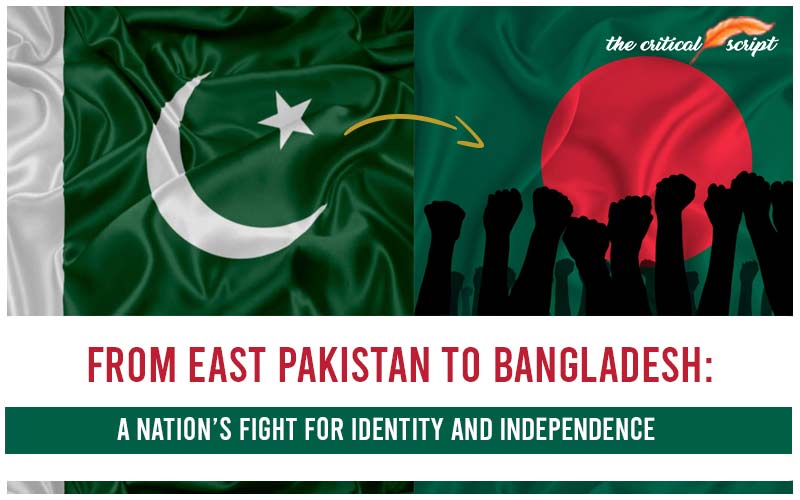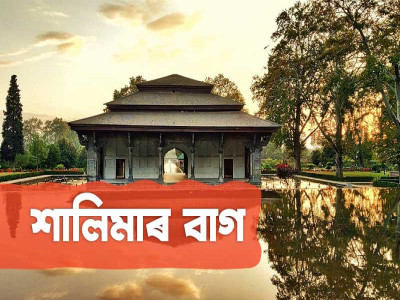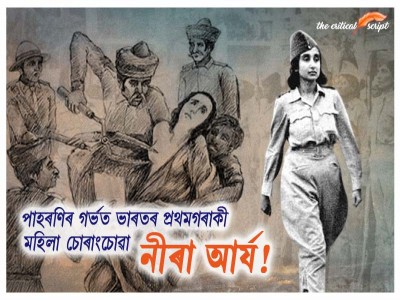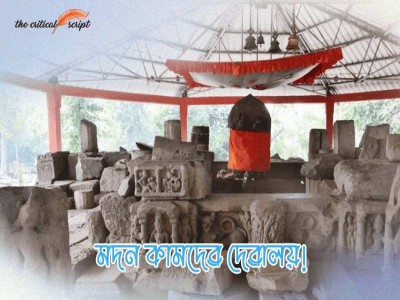
From East Pakistan to Bangladesh: A Nation’s Fight for Identity and Independence
The year 1971 marked a monumental shift in South Asian history, as East
Pakistan transformed into the independent nation of Bangladesh. This dramatic
journey, born out of cultural pride, political suppression, and a brutal war,
is one of resilience, sacrifice, and the quest for sovereignty.
The Seeds of Discontent
In 1947, when British India was partitioned, the newly formed Pakistan
comprised two geographically separated regions: West Pakistan (now Pakistan)
and East Pakistan (modern-day Bangladesh). Despite being home to the majority
of the population, East Pakistan found itself politically sidelined, its
economy exploited, and its cultural identity under threat.
Tensions were brewing even before the formation of Pakistan. But the
most visible point of contention came with the Language Movement
of 1952. The imposition of Urdu as the sole national language by the central
government of West Pakistan was a direct challenge to the identity of Bengalis,
the dominant ethnic group in East Pakistan. Students in Dhaka rallied to
protect the status of their mother tongue, Bengali, resulting in a deadly
crackdown by the government. February 21, 1952, is now commemorated globally as
International Mother Language Day, honoring those who laid
down their lives for the right to speak their own language.
This movement was just the beginning of East Pakistan’s struggle for
recognition and equal status within the state of Pakistan.
Political and Economic
Disparities
Over the next two decades, the gap between East and West Pakistan
widened. East Pakistan contributed significantly to the national economy,
particularly through its jute exports, yet it received far fewer economic
benefits. Development projects were concentrated in the West, and political
power remained in the hands of the ruling elite in Islamabad. Resentment grew
as the people of East Pakistan felt their region was being economically drained
and politically marginalized.
The tipping point came in the 1970 general elections.
The Awami League, led by charismatic leader Sheikh
Mujibur Rahman, won an overwhelming victory in East Pakistan, securing
a majority in Pakistan’s National Assembly. However, the ruling powers in West
Pakistan, led by President General Yahya Khan and political leader Zulfikar Ali
Bhutto, refused to honor the electoral results and transfer power to the Awami
League. This political betrayal fueled demands for autonomy and eventually full
independence.
The Brutal Crackdown and
the Spark of War
March 25, 1971, marked the beginning of the end for the union of East
and West Pakistan. That night, the Pakistani military launched Operation
Searchlight, a brutal crackdown on Dhaka and other parts of East
Pakistan, targeting students, intellectuals, and anyone suspected of supporting
the independence movement. The operation unleashed a wave of violence,
including mass killings, widespread destruction, and atrocities against
civilians, setting the stage for a full-blown war of independence.
In response, the people of East Pakistan rose in rebellion. The MuktiBahini,
or Liberation Army, formed to resist the Pakistani forces, using guerrilla
warfare tactics to push back against the military regime. Despite being
outgunned and outnumbered, their determination fueled the fight for freedom.
India’s Intervention and
the Liberation War
As the conflict escalated, millions of refugees from East Pakistan
poured into neighboring India, creating a humanitarian crisis. Faced with the
growing instability on its borders and the plight of the Bengali people, Indian
Prime Minister Indira Gandhi made the critical decision to
support the independence movement, providing military and diplomatic aid to the
MuktiBahini.
On December 3, 1971, Pakistan launched pre-emptive strikes on Indian
airbases, prompting India to formally enter the war. What followed was a short,
intense conflict that culminated in the surrender of the Pakistani
military in Dhaka on December 16, 1971. The war was over in just 13
days, but it had left an indelible mark on the region.
The Birth of Bangladesh
With the Pakistani military’s surrender, East Pakistan was no more.
Bangladesh was officially born, with Sheikh Mujibur Rahman as
its first Prime Minister. For the people of Bangladesh, it was the realization
of a long-held dream of self-determination. They had fought not only for
independence but for the right to preserve their cultural and linguistic
identity.
The war came at a heavy cost. An estimated 300,000 to 3 million
people lost their lives, with millions more displaced. The aftermath of the war
left the country in ruins, its infrastructure shattered, and its economy in
tatters. But the people of Bangladesh had won their freedom, and they were
determined to rebuild their nation from the ground up.
A Legacy of Resilience
Bangladesh stands as a testament to the resilience of its people. From
its humble and war-torn beginnings, the country has made significant strides in
economic development, social progress, and global diplomacy. The journey from East
Pakistan to Bangladesh was a painful one, but it is a story that
resonates deeply with those who believe in the power of identity, autonomy, and
the will to overcome oppression.
The birth of Bangladesh is more than just a
historical event—it is a reminder of the enduring human spirit, the fight for
justice, and the belief that every nation has the right to chart its own
course.
As Bangladesh faces a new chapter with the ouster of Prime Minister
Sheikh Hasina, it is crucial to reflect on the founding principles that gave
birth to the nation. The well-being of its people and the pursuit of justice,
equality, and independence must remain central to its journey forward.
Disclaimer: The opinions expressed in this article are those of the author's. They do not purport to reflect the opinions or views of The Critical Script or its editor.

Newsletter!!!
Subscribe to our weekly Newsletter and stay tuned.

















Related Comments